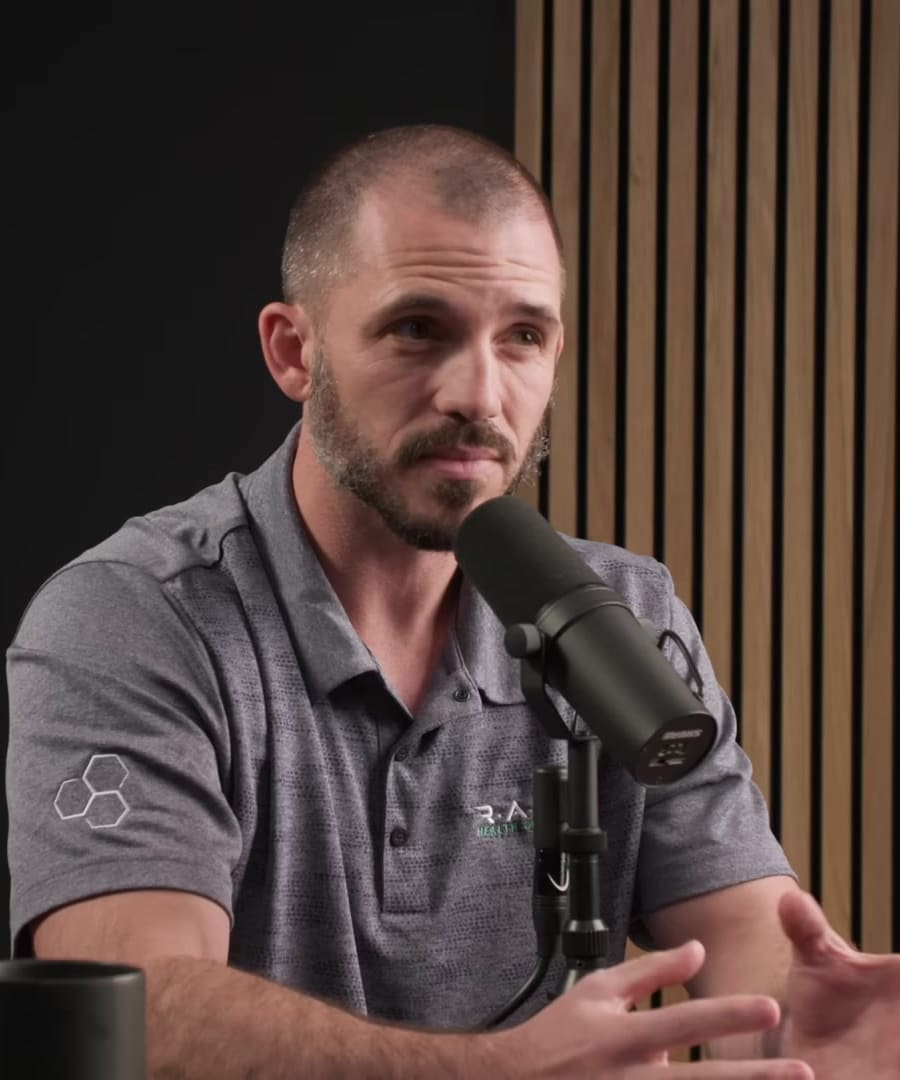How does fasting affect exercise performance?
Sources:
Fasting can have various effects on exercise performance depending on the duration and intensity of the workout, as well as individual differences.
-
Fat Oxidation: When exercising fasted, you may burn more fat after moderate-intensity exercise lasting about 90 minutes. This effect occurs because, at that duration, if you have not eaten before exercise, your body shifts to burning more fat for fuel rather than carbohydrates 1.
-
Intensity and Duration: For high-intensity activities, fasting might not be optimal as it can limit your ability to reach and sustain high exertion levels. However, for moderate to low-intensity exercises, fasting can increase fat oxidation, but the overall performance might differ. Effective training requires enough energy, and eating before training can sometimes be necessary 2.
-
Women's vs. Men's Responses: Women generally have higher baseline caloric needs than men due to hormonal differences, which can make fasting before exercise less suitable. Women might need to consume some protein or carbohydrates to maintain performance and avoid endocrine dysfunction 3.
-
Metabolic Flexibility: Fasting workouts can stress the body, increasing cortisol levels, and may not allow for sufficient recovery hormone responses like growth hormone and testosterone 4. Workout performance and recovery can indicate how well your body utilizes different fuel sources, which can be evaluated by objectively comparing performance in fasted and fed states 5.
-
Exercise Performance: Though you can fast before lower-intensity or shorter workouts without a significant drop in performance, for long-duration and high-intensity activities, your body may require the energy that comes from pre-exercise nutrition. Personal preference and response to fasting can guide your approach, with more individualized strategies being beneficial 6.
In summary, while fasting can increase fat oxidation, its impact on exercise performance varies, and maintaining optimal energy levels for high performance is essential. Always consider your own body's responses and consult appropriate guidelines for balanced nutrition strategies.
RELATED QUESTIONS-
How does fasting affect exercise performance?
- RELATED QUESTIONS





